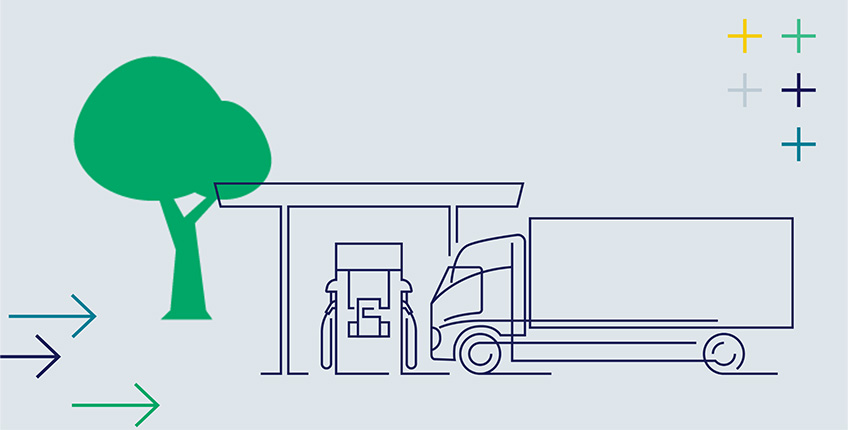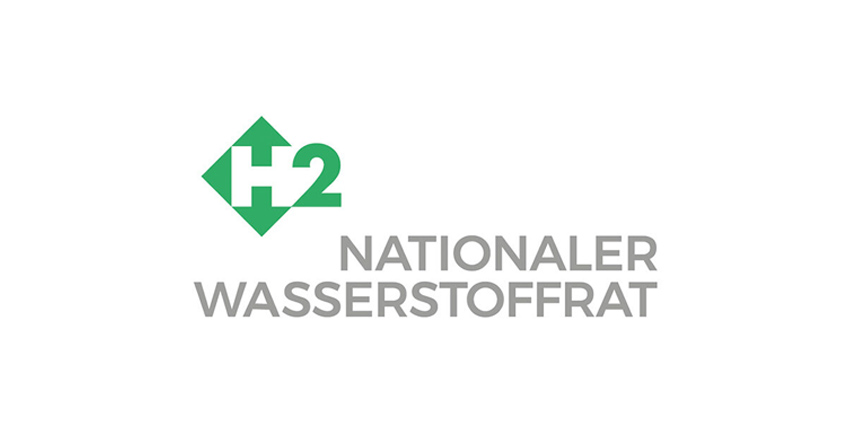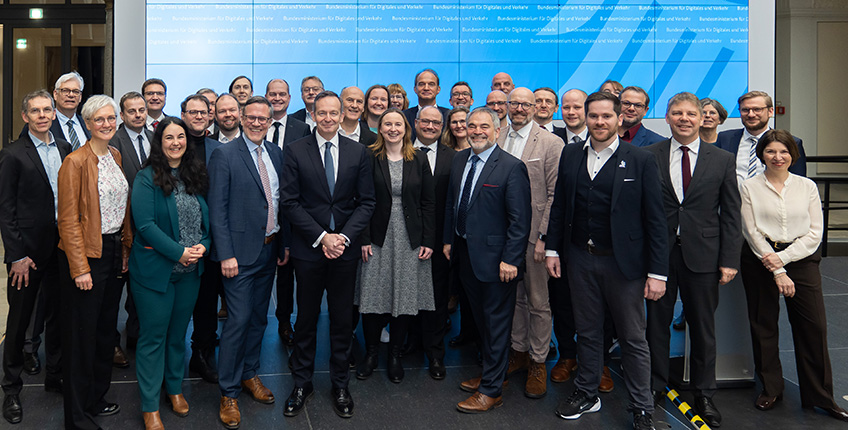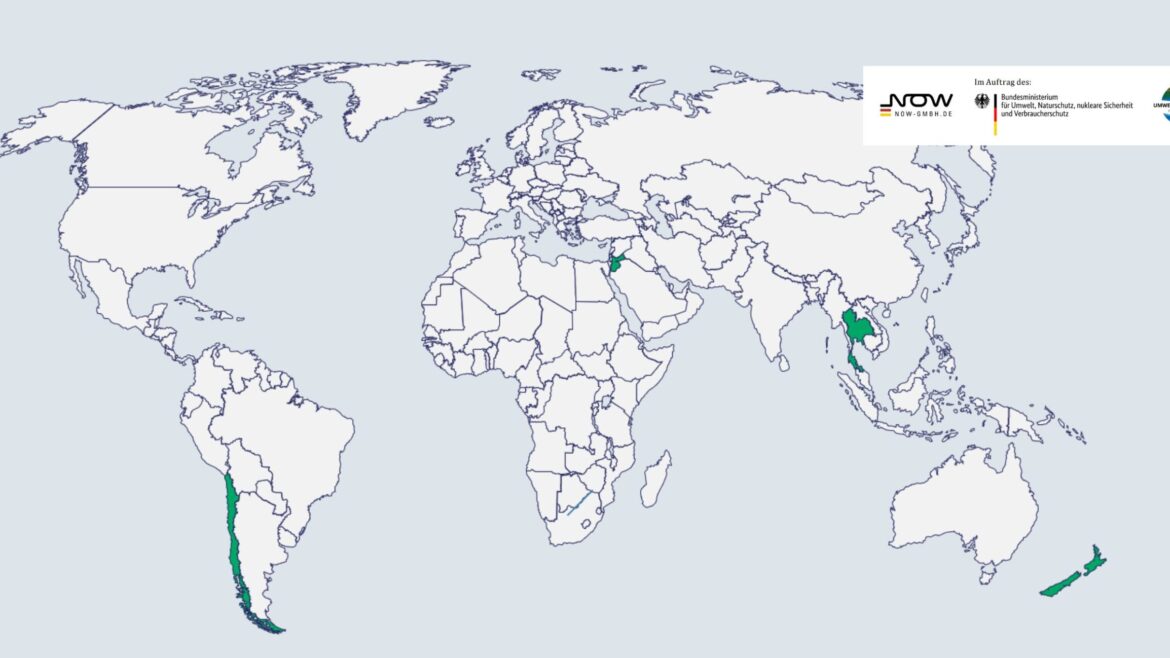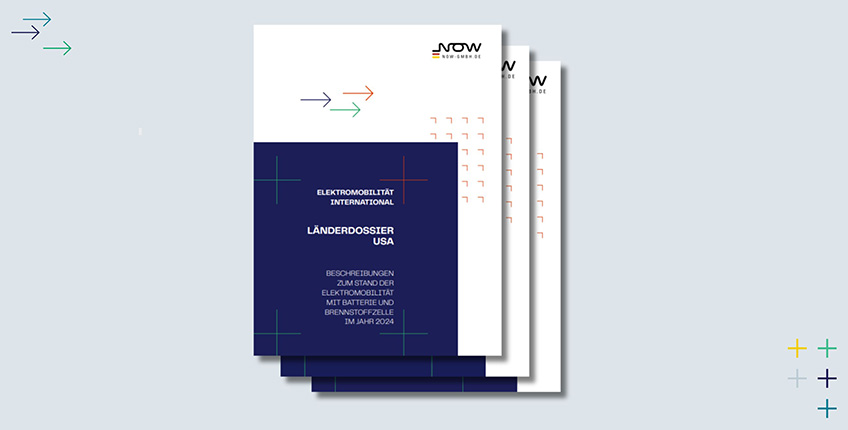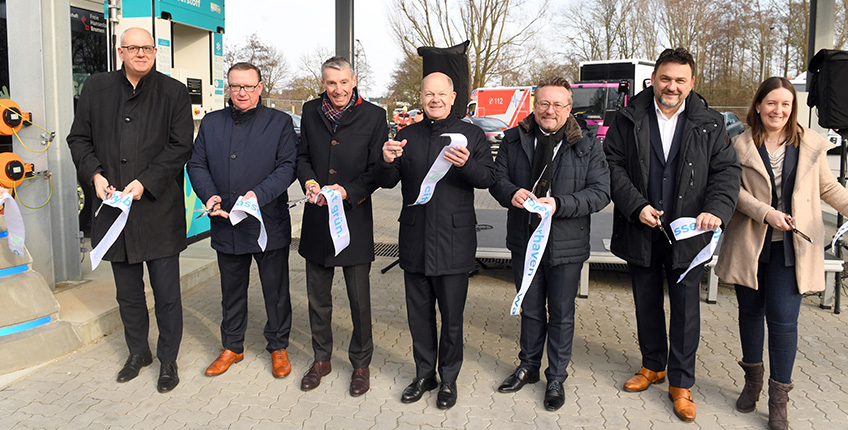Hydrogen has been recognized as an important cornerstone of the energy transition. This is illustrated by both the European as well as the German hydrogen strategies. On Berlin’s path towards climate neutrality, renewably-produced hydrogen will play a key role. The potential to reduce emissions with hydrogen however, is still largely untapped in Berlin as well as nationwide. Regionally-adapted usage strategies are needed for this future energy source.
A study from the H2Berlin initiative identifies hydrogen potential in Berlin mainly in heat provision and in the transport sector. 9,000 tonnes of hydrogen should be used in 2025 in order to carry out the energy transition to climate neutrality in a cost-efficient manner, according to the model calculation by Forschungszentrum Jülich (Jülich research centre). However based on a company survey, the study’s authors calculate an estimated consumption of hydrogen in 2025 of only 37 tonnes. They offer the following recommended measures to fill this gap:
- Fulfilling a role model function both nationally and internationally, Berlin should help design the ramp-up of hydrogen use for suitable fields of application.
- A hydrogen roadmap should structure the approaches identified in the study on potential and point the way in terms of which role hydrogen can play in the urban energy transition.
- Because of the high level of existing buildings in Berlin which are in part, poorly insulated with comparatively high consumption levels in terms of heat, hydrogen should be integrated into heat provision.
- Hydrogen vehicles with fuel cell drives should supplement battery-electric vehicles where a particularly high performance capacity is required.
- Small initiatives should be pooled together to form one large cross-company and –sectoral lighthouse project for the coordinated market ramp-up of appropriate hydrogen applications in the capital.
- Suitable concepts for the retrofitting of vehicle fleets and cogeneration units must be developed, as companies have already expressed a high level of interest here.
About H2Berlin
With the H2Berlin initiative, the companies of GASAG, Berliner Wasserbetriebe, Vattenfall, Berliner Stadtwerke, Berliner Stadtreinigung, Stromnetz Berlin, Sustainable Hydrogen and Toyota wish to support the establishment of a hydrogen economy to reduce the consumption of fossil fuel cells and to comply with climate goals in the capital city. The initiative is supported by InfraLab Berlin, NOW GmbH, HyCologne, The German Hydrogen and Fuel Cell Association and Berlin Partner. The preparation of the study was funded by the Senate Department for Economics, Energy and Public Enterprises.
As a next step, the initiators plan to found an association to support the hydrogen economy in Berlin. In addition the concept for the first lighthouse project will be created, which supports the development of a hydrogen economy in the capital in line with the European and National hydrogen strategies.

